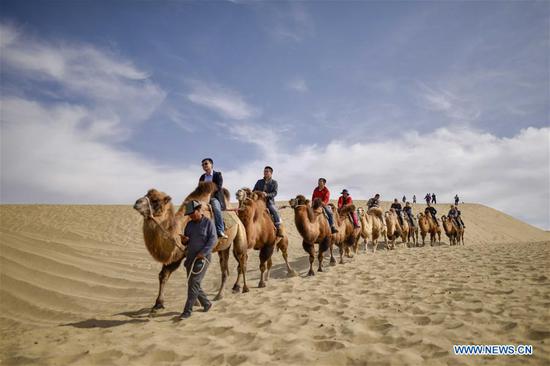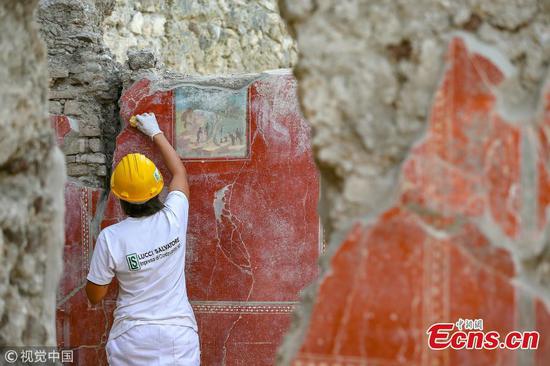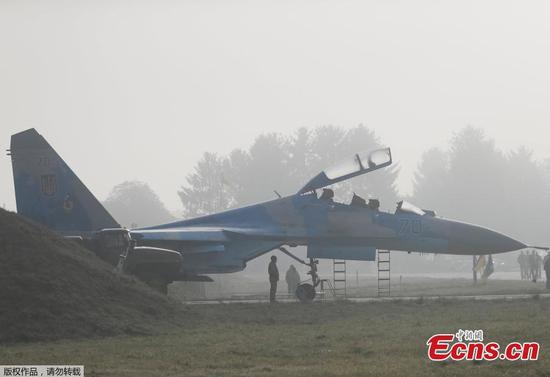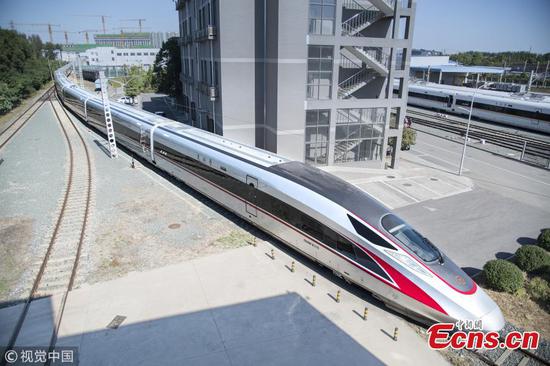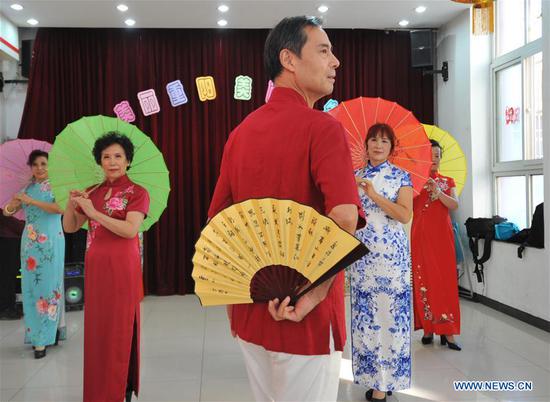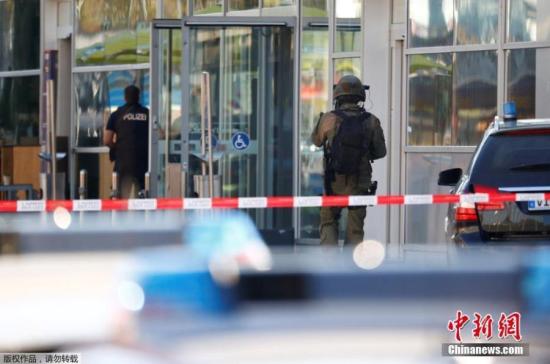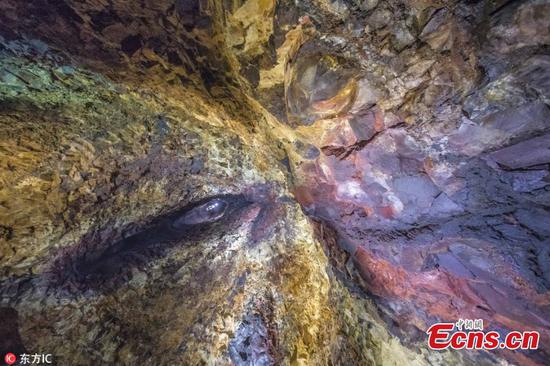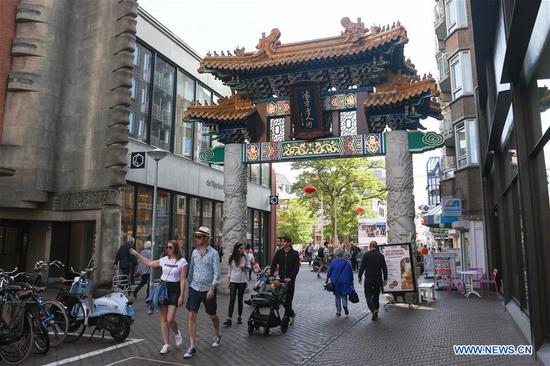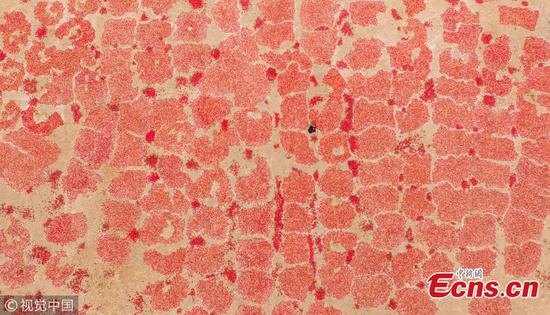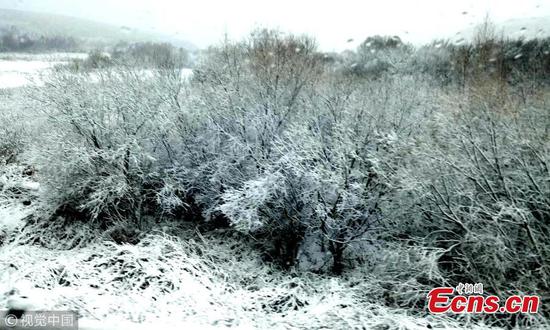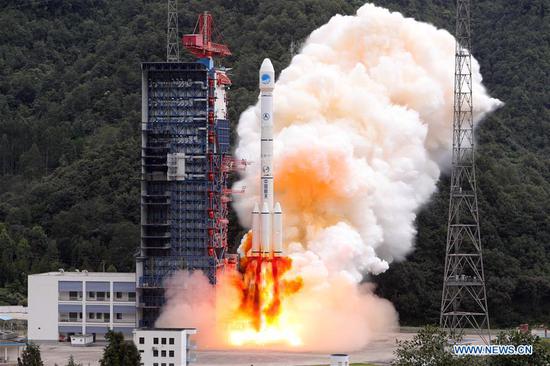China's money supply growth exceeded expectations last month and credit increased, further bolstering stable economic growth, the central bank said on Wednesday.
In September, the broad money supply, known as M2, increased by 8.3 percent from a year earlier, up from annual growth of 8.2 percent in August, according to the People's Bank of China.
New loans in renminbi stood at 1.38 trillion yuan ($199.2 billion) in September, up from 1.28 trillion yuan in August. The outstanding yuan-denominated loans had reached 133.27 trillion yuan by the end of the third quarter, a year-on-year growth of 13.2 percent, the PBOC reported.
The country's real economy, supported by domestic nonfinancial corporations and local households, absorbed 2.21 trillion yuan from the financial sector last month, resulting in the monthly increment in total social financing.
September was the first time the central bank had included local government special-purpose bonds in its calculation of total social financing. The special bonds were issued mainly to raise funds for infrastructure construction, as the country's fixed-asset investment slowed in the year's first half.
"The issuance of local government special bonds has accelerated since August," which has had notable influence on banks' lending and corporate bonds, said Zhang Wenhong, deputy director of the central bank's surveys and statistics department.
In September, local governments issued special bonds amounting to 738.9 billion yuan, almost doubling the August figure and accounting for 33.5 percent of the monthly increase in total social financing, the central bank said.
To offset domestic economic downside risks and external headwinds amid trade tensions, the PBOC has enacted four reductions of reserve requirement ratios for financial institutions this year, with the latest taking effect on Monday. The cuts have injected some 1.85 trillion yuan into the financial sector since April.
Some economists expressed concerns that faster expansion of the money supply and credit might add inflation pressure, though monetary authorities have reiterated that there will be no change in the "prudent and neutral" policy stance.
Over the weekend, Yi Gang, the central bank governor, said the current quantity and growth rate of money and credit in China were at "appropriate" levels and would maintain stable prices. He forecast that the annual inflation level would be slightly higher than 2 percent.
"Despite a less benign inflationary environment, we expect that stabilizing growth will be the most important goal for monetary policy in the near future," said Li Zhennan, an economist with Goldman Sachs (Asia).









